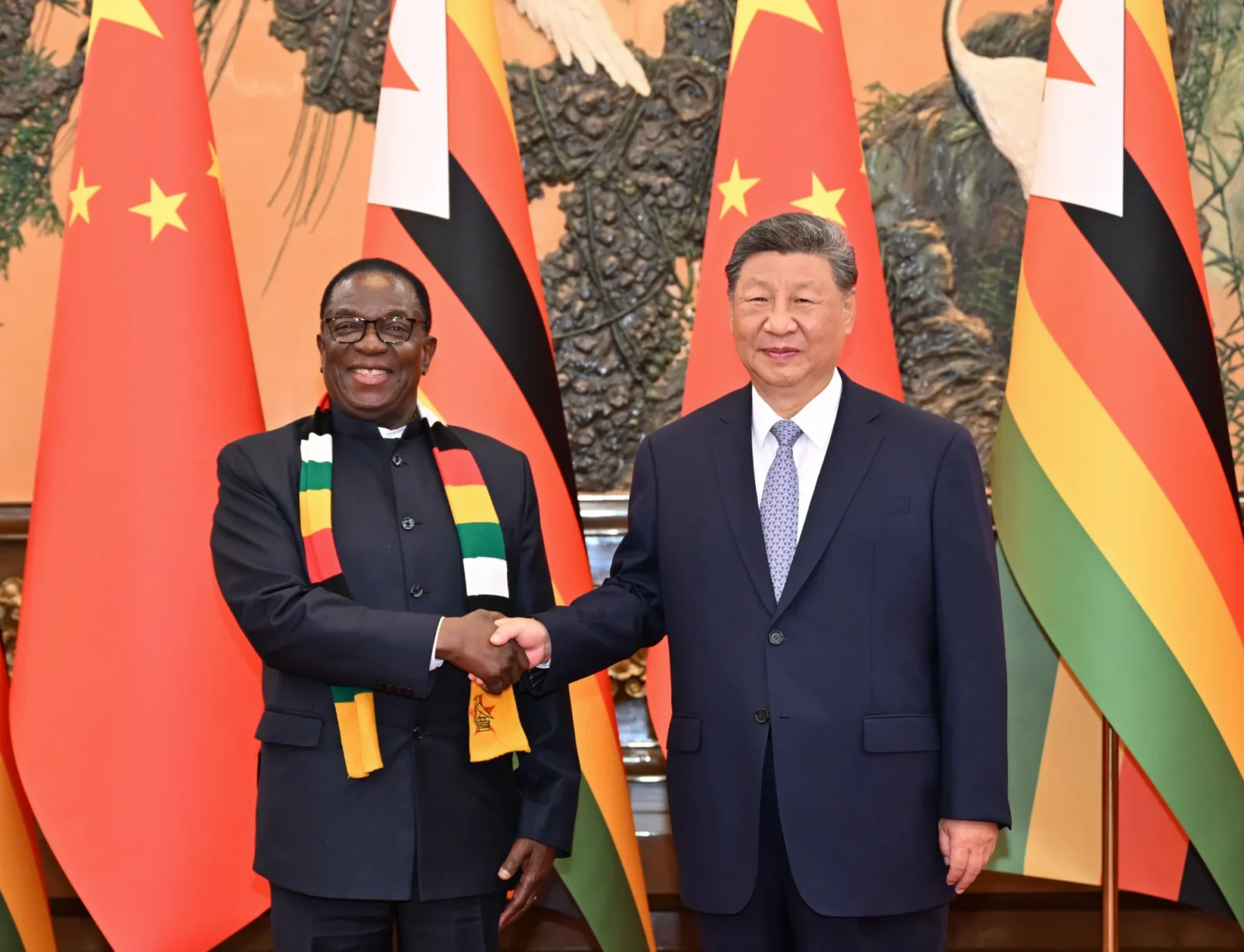Zimbabwe is facing growing diplomatic and social tensions as public outrage mounts over the conduct of Chinese mining companies operating across the country. Allegations of corruption, human rights abuses, and environmental destruction have placed the Zimbabwean government in a difficult position—balancing its close economic partnership with China against increasing domestic anger and international scrutiny.
The latest flashpoint came after the fatal shooting of a Zimbabwean man by a Chinese national employed as a security supervisor at Zhuhe Mining Investments in Mashonaland East Province. Authorities confirmed that the suspect has been arrested and charged with murder, but the incident has reignited long-standing concerns about the impunity with which some Chinese nationals allegedly operate in Zimbabwe’s lucrative mining sector.
Local communities, civic organizations, and labour activists have accused several Chinese-owned companies of committing serious violations, including illegal land seizures, forced evictions, and acts of violence against local residents. Environmental groups have also warned of widespread land degradation, river pollution, and deforestation linked to unregulated mining activities, particularly in gold and chrome-rich regions.
“This is not an isolated case—it reflects a broader pattern of exploitation and disregard for our people and our laws,” said a civil society leader in Marondera, Mashonaland East. “Communities are losing their land and livelihoods while the profits are exported abroad.”
China remains Zimbabwe’s largest investor, with hundreds of millions of dollars poured into infrastructure, mining, and energy projects under the framework of the Belt and Road Initiative. The two nations share strong diplomatic ties dating back to Zimbabwe’s liberation struggle, and Beijing continues to play a critical role in funding the country’s economic recovery. However, critics say this close relationship has allowed some Chinese companies to operate above the law, aided by corrupt local officials who prioritize personal gain over public interest.
Residents near several mining sites have reported dangerous working conditions, lack of protective equipment, and low wages for local workers, who are often subjected to abuse and discrimination. Labour unions have repeatedly called on the government to enforce stronger oversight and ensure that foreign investors comply with national labour laws.
The fatal shooting at Zhuhe Mining Investments has become a symbol of the growing resentment toward foreign dominance in Zimbabwe’s natural resource sector. Families of the victim and community leaders have called for justice and accountability, demanding that the government protect citizens from exploitation.
In response to the mounting criticism, Zimbabwean authorities have promised to investigate the incident thoroughly and review safety and compliance standards in mining operations involving foreign investors. The Ministry of Mines and Mining Development said that while the country welcomes international partnerships, it will not tolerate criminal behavior or environmental destruction.
Analysts believe the government is walking a diplomatic tightrope—dependent on Chinese investment to keep its economy afloat but under increasing pressure from citizens demanding transparency and fairness. “China is an important ally, but Zimbabwe cannot afford to sacrifice its people’s rights and its environment for the sake of foreign capital,” said a political analyst based in Harare.
Environmental advocates have also urged the government to implement stricter regulations to protect communities from the harmful effects of mining. Rivers in Mashonaland and Midlands provinces have been reported to contain dangerously high levels of mercury and other pollutants, threatening agriculture, livestock, and human health.
Despite official promises of reform, activists fear that without genuine political will, abuses will continue. Many point to a history of unpunished offenses and bribery between local authorities and mining executives that enable destructive practices to persist unchecked.
As the murder case proceeds, the eyes of the nation—and the international community—are on Zimbabwe’s leadership to see whether justice will be done and whether this tragedy will mark a turning point in how the country manages foreign investments. For many Zimbabweans, the issue goes beyond a single shooting—it is a struggle for dignity, sovereignty, and environmental survival in the face of growing external control.













Leave a comment